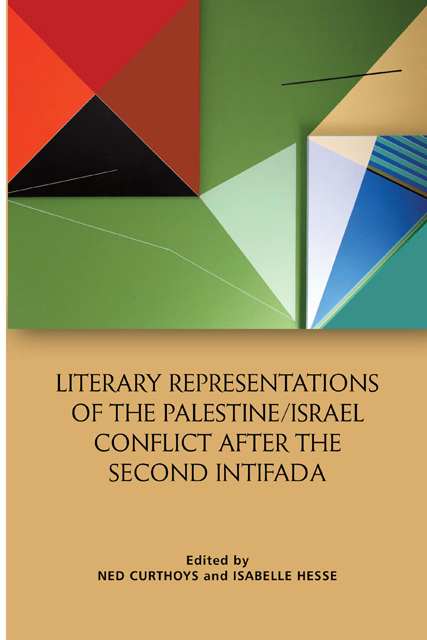9 - Coming of Age in Graphic Novels Representing the Palestine/Israel Conflict
Published online by Cambridge University Press: 07 June 2023
Summary
This chapter will explore different conceptions of the Israeli–Palestinian conflict elaborated in two Bildungsromane or coming-of-age themed twenty-first century graphic novels: Harvey Pekar’s Not the Israel My Parents Promised Me (2012) and Sarah Glidden’s How to Understand Israel in 60 Days or Less (2010). Both novels are written by Jewish-American authors for whom the Israeli–Palestinian conflict is an abiding personal preoccupation that shapes their sense of self, thus requiring an immersive exploration of their changing relationship to the Jewish state. As neither novel ends with a protagonist who is confident in their judgments about the conflict or reintegrated into a community after a period of wandering and alienation, some commentary on the evolution of the Bildungsroman in recent genre studies might be helpful in elucidating the subtleties of Pekar and Glidden’s hybrid deployment of autobiography, quest narrative and historical analysis.
A recent article by Harriet Earle reminds us that genre criticism of the Bildungsroman has in many ways moved beyond the assumption that the principal animus of the form is to ‘trace the journey of the [foundling] protagonist from adolescence to adulthood’ and explore their achievement of ‘emotional maturity and social position’ (430). Where the classic Bildungsroman, itself a contested genre concept, was held to have focused on the hero’s naïvety and development from innocence to maturity through mistakes and testing ordeals, Earle registers the formal and narratological interest of current criticism. She cites Julia Round’s summation of critical tendencies that no longer prioritise the successful self-determination of the protagonist as a defining feature of the genre:
[This new shift in critical focus] defines the plot events in terms of self-understanding rather than personal growth; emphasizes the dual position of the protagonist (as both reflective narrator and developing subject); and notes a circular (rather than linear) narrative structure. (Round cited in Earle 431)
Earle and the critics she cites deploy a more dialectical and self-reflexive conception of the genre, in which the narrative is often simultaneously about ingenuous child and wizened adult. As a form that blends literary realism with fairy-tale and Gothic elements, the Bildungsroman often imbricates developmental plots of youthful formation with recursive psychological and symbolic preoccupations, and as a genre congenial to motivated selfexploration, the Bildungsroman renders the formation of the self an ongoing task cathected to the problem of the subject’s relationship to the past.
- Type
- Chapter
- Information
- Publisher: Edinburgh University PressPrint publication year: 2022



